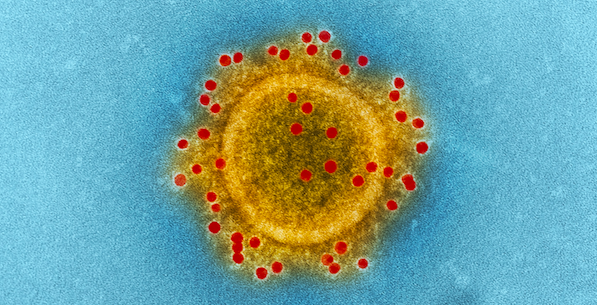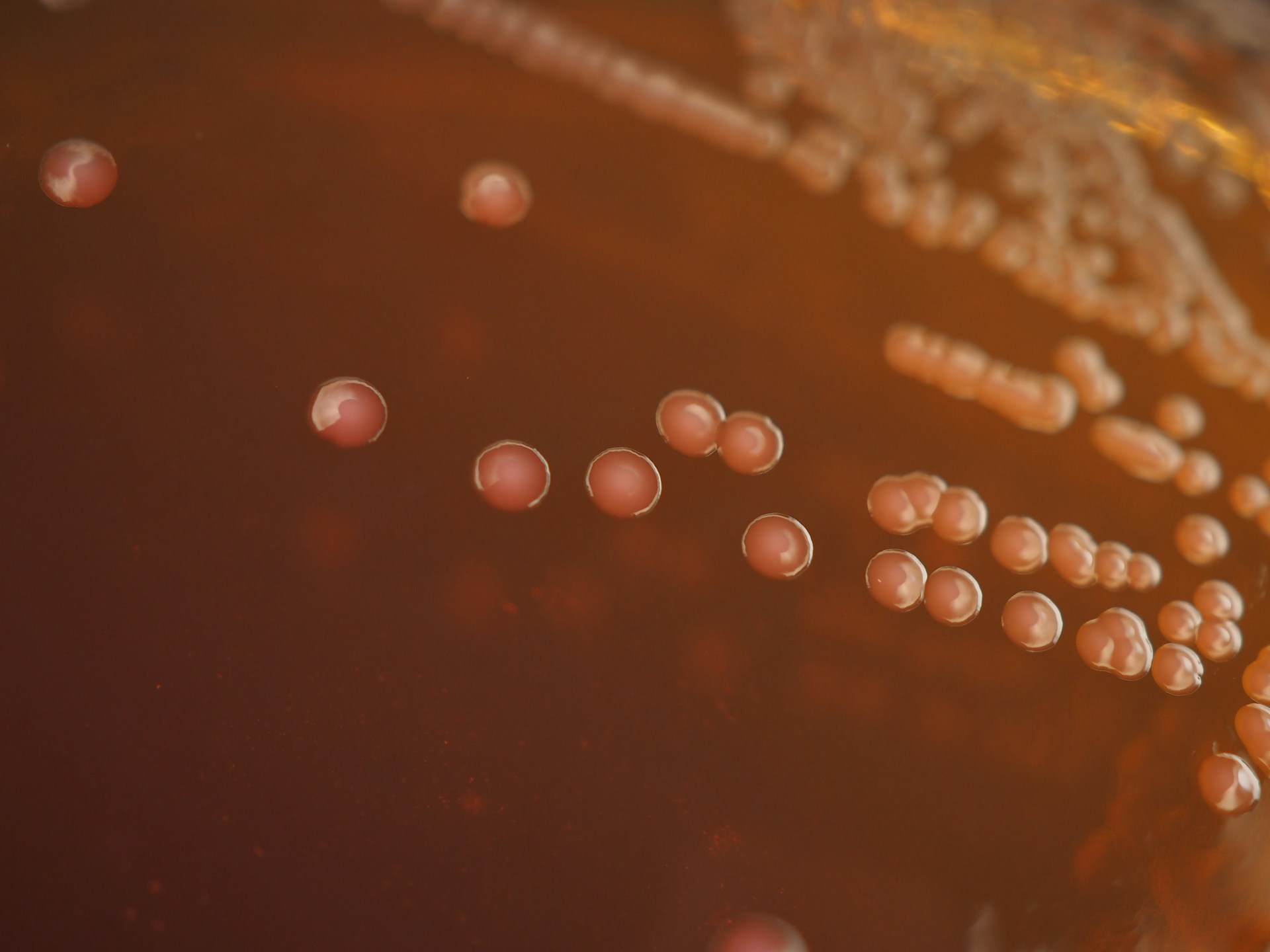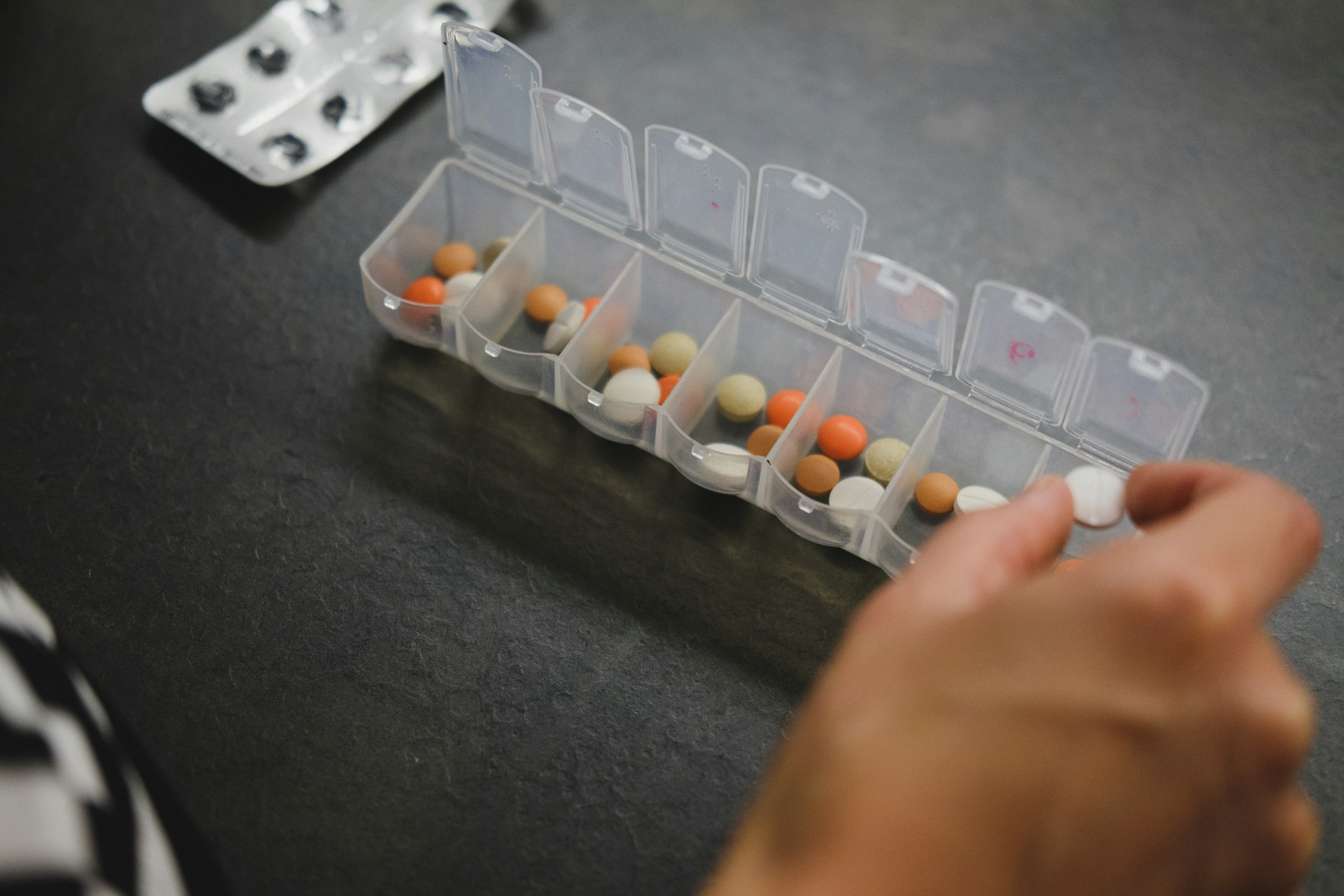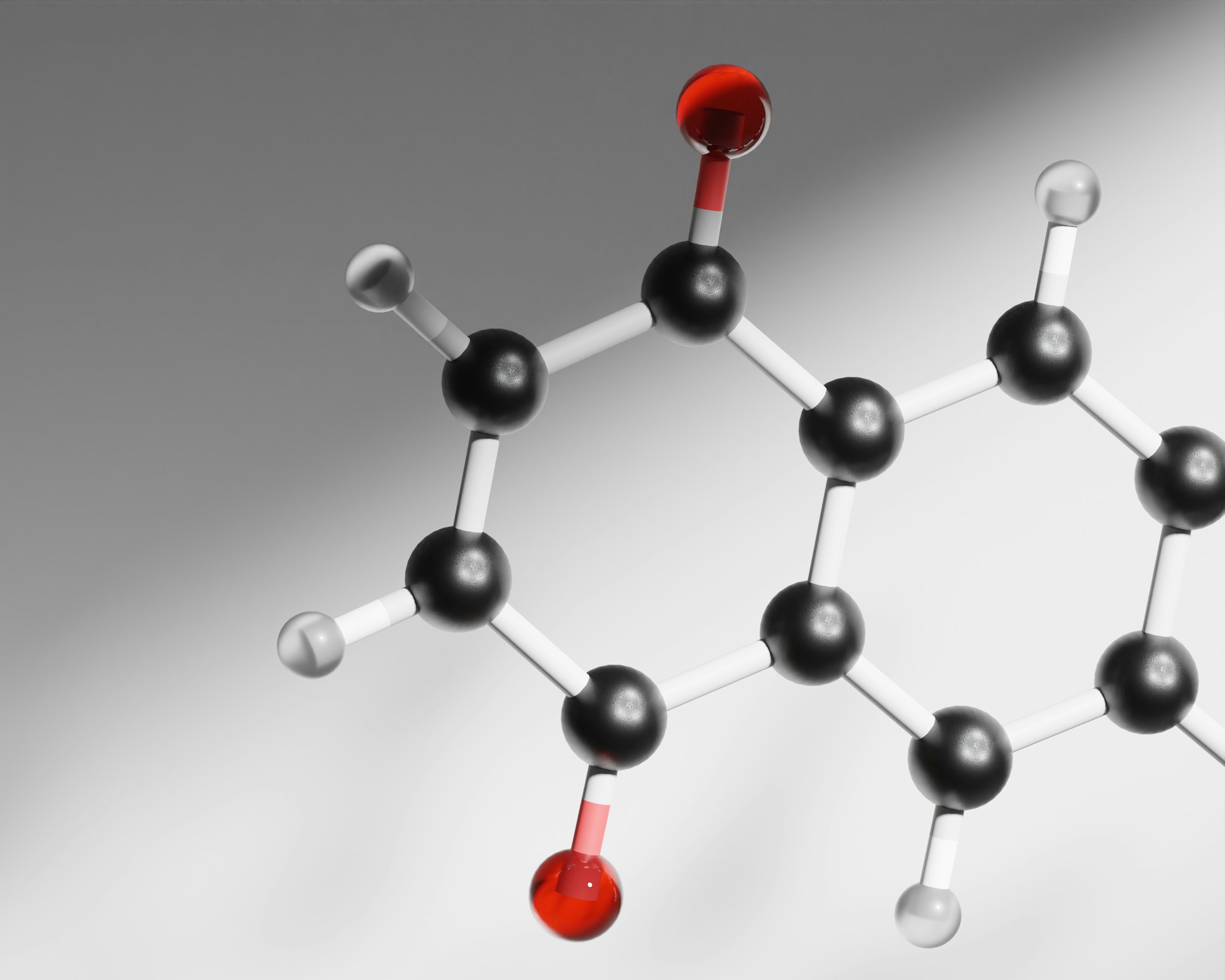Recent research into the gut-brain axis
For every one of the human cells in our bodies, there are ten bacterial cells, meaning each one of us is, in some ways, more bacteria than human. This thought may be uncomfortable given the media’s portrayal of bacteria as inherently hostile and harmful to human health, but new research indicates that we rely on these bacteria for almost everything: from maintaining a healthy immune system to our mental health.
It is well known that the beneficial bacteria in our gut (known as ‘commensals’) aid digestion and provide vitamins which we cannot produce, but increasingly scientists are finding that most of our physiological processes rely on a healthy gut microbiome. It is a common myth that stomach acid kills harmful pathogens but, given that one third of the UK population has taken acid inhibiting drugs, this seems unlikely. It is, in fact, the population of commensal bacteria in our gut that protects us against pathogens through competition.
The connection of these bacteria to mental health has been surprising for many. This is due to the archaic separation that exists in medicine between physical and mental health. The view that ‘mind’ and ‘body’ are separate entities originated with Descartes in the 1600s and is strongly refuted by both physiological and neuroscientific evidence. In reality, the gut and the brain are well-linked; both through nervous transmission via the vagus nerve, and through release of hormones.
This link is evident when studying the effects of being ‘germ free’ in mice. Mice bred in a sterile environment have been shown to show exaggerated cellular responses to stress. Further evidence of the causative link between the microbiome and central nervous system (CNS) comes from the reduction of this abnormal stress response when the mice are then recolonised with normal commensal bacteria. This effect extends to the development of asthma, with evidence showing that germ-free mice are far more likely to develop asthma when challenged with foreign substances. This again is a response that can be reversed by the introduction of beneficial bacteria to the gut, allowing the immune system to develop properly.
One of the possible reasons for this sensitivity, and for the link between the gut and mood, is through transmission of messenger proteins known as cytokines. These proteins signal the presence of a pathogen and help coordinate immune responses but are also linked to many different chronic diseases. Long term presence of cytokines is strongly linked to mental disorders such as depression and anxiety along with Parkinson’s and schizophrenia.
Edward Bullmore’s revolutionary book ‘The Inflamed Mind’ sets out the connection of inflammatory cytokines with depression while highlighting the dangers of separating physical and mental health. One example he gives of this separation is that of a patient, Mrs P, who has both rheumatoid arthritis and depression. Bullmore’s colleague simply assumes that the depression is due to the pain the woman feels: saying ‘Of course she’s depressed, wouldn’t you be?’ while Bullmore identifies a far more fundamental link. He states that, in an ideal world: “We can move on from the old polarised view of depression as all in the mind or all in the brain, to see it as rooted also in the body; to see depression instead as a response of the whole organism or human self to the challenges of survival in a hostile world.”
Another, more recent and possibly more controversial approach to the link, is advocated by Professor John Cryan of University College Cork. Cryan focuses more on the specific types of bacteria present in the gut of healthy individuals compared to those with depressive disorders. Through this research, he identified various species which seem to be particularly important in mental health and analysed why this might be.
It was found that lactobacillus and bifidobacterium are often lacking in those with depressive illnesses. These bacteria are unusual as they have the ability to produce gamma-aminobutyric acid, better known as GABA; the common neurotransmitter whose absence is implicated in depression. A similar Dutch study analysed bacterial genomes and found that dialister and coprococcus were also involved in the synthesis of dopamine. Not only that, but these organisms were found to have a strong correlation with ‘positive mental quality of life’.
These findings could revolutionise the way we treat mental illnesses. Probiotics are often advertised as good for gut health but the advent of ‘psychobiotic’ therapies means that they may have potential in the treatment of mental health. Millions of pounds a year is spent on mental health research, yet drug development for common disorders has not advanced significantly since the advent of selective serotonin reuptake inhibitors (SSRIs) in the 1970s. To be able to prescribe specific prebiotics (aiding bacterial growth) or probiotics that would allow medicine to be personalised to the individual and treat their specific pathology.
An estimated 264 million people worldwide are affected by depression. In order to improve treatment, there must be a more open dialogue about the connections between the body and the mind. The relationship between the gut and the mind is still seen as controversial despite mounting evidence of therapeutic links. There is no denying that change is needed, and this will not happen until we learn to trust our guts.





